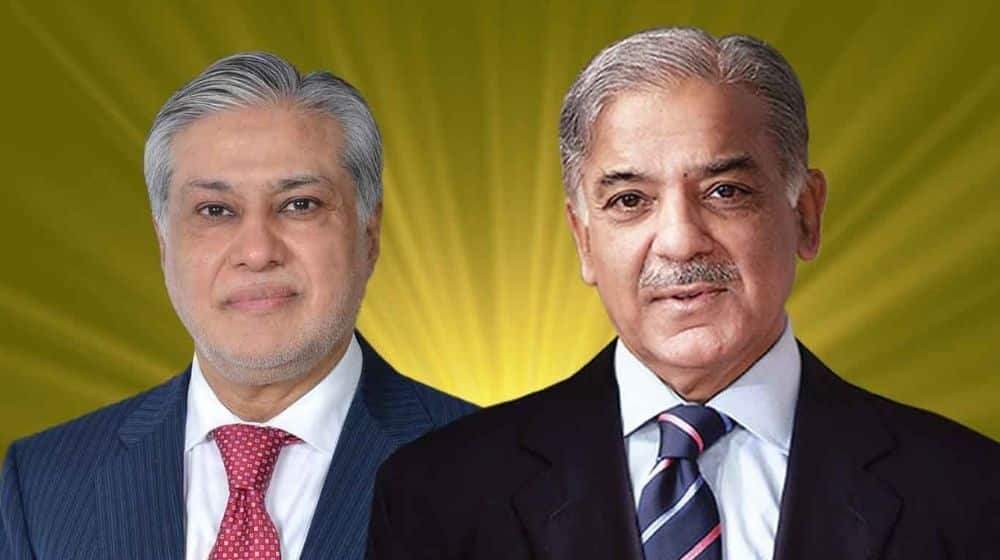In a significant turn of events, Ishaq Dar, a key associate of PML-N leader Nawaz Sharif, was notably absent during a crucial economic meeting chaired by Prime Minister Shehbaz Sharif, who recently assumed office for a second term. The absence of Dar, known for his role as an economic strategist, raises eyebrows considering the pressing economic challenges faced by Pakistan.
The meeting, focused on addressing the current economic crisis, saw Prime Minister Shehbaz Sharif emphasizing the debt burden as a primary challenge. In a statement issued by the PM Office, Shehbaz directed the economic team to initiate discussions with the International Monetary Fund (IMF) for an Extended Funding Facility (EFF). Additionally, he urged the acceleration of the privatization process for state-owned enterprises (SOEs), a historically sensitive issue in Pakistani governance.
The privatisation of SOEs has faced reluctance in the past, with the only successful attempt occurring during Nawaz Sharif’s first term as prime minister in 1990-93. The present emphasis on privatisation comes amidst the recognition of India’s economic growth, often referenced by Nawaz Sharif, who attributes Pakistan’s setbacks to the political turmoil his governments have faced.
The key question arising is whether the PML-N, under Shehbaz Sharif’s leadership, will expedite the privatisation process considering the prevailing domestic and external factors.
Reasons for Ishaq Dar’s Absence:
Ishaq Dar has been credited for successfully handling economic challenges, including the aftermath of nuclear tests in 1998 and addressing energy shortages during Nawaz Sharif’s third term. However, his recent term as finance minister faced criticism for failing to curb inflation, reverse rupee devaluation, and reduce interest rates. Dar’s strong opinions against IMF policies, including currency devaluation, may be a factor contributing to his absence, especially when Pakistan urgently requires an IMF program.
Muhammad Aurangzeb, a seasoned banker associated with Habib Bank Limited, took a prominent role in the meeting. With over 30 years of international banking experience, Aurangzeb received guidelines from the prime minister for future action.
As Pakistan navigates its economic challenges, the absence of Ishaq Dar and the emergence of new figures in economic discussions raise questions about the direction the PML-N government will take in addressing the nation’s economic woes. The formation of the cabinet may provide further insights into the decision-making process.



